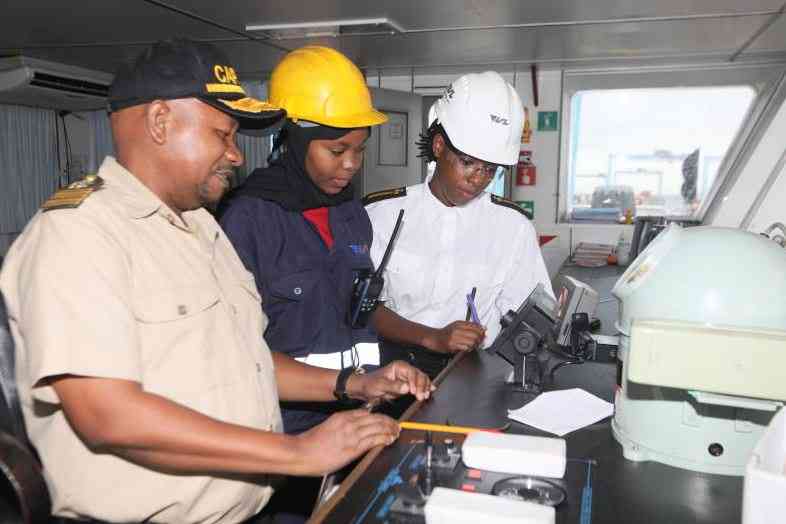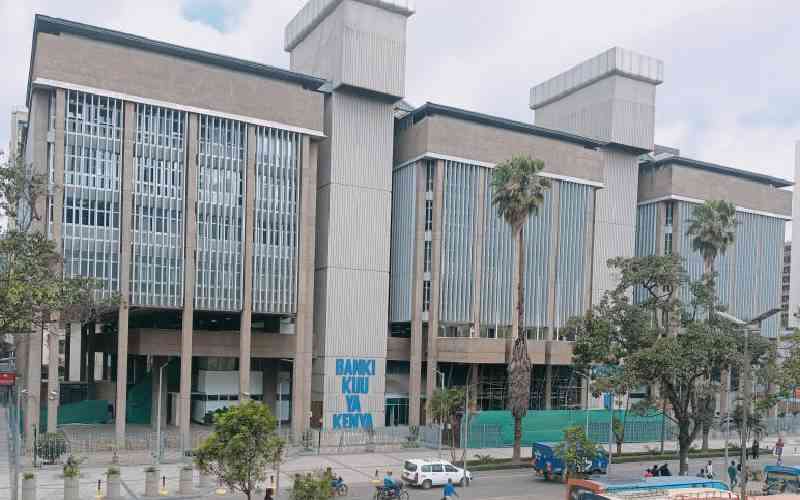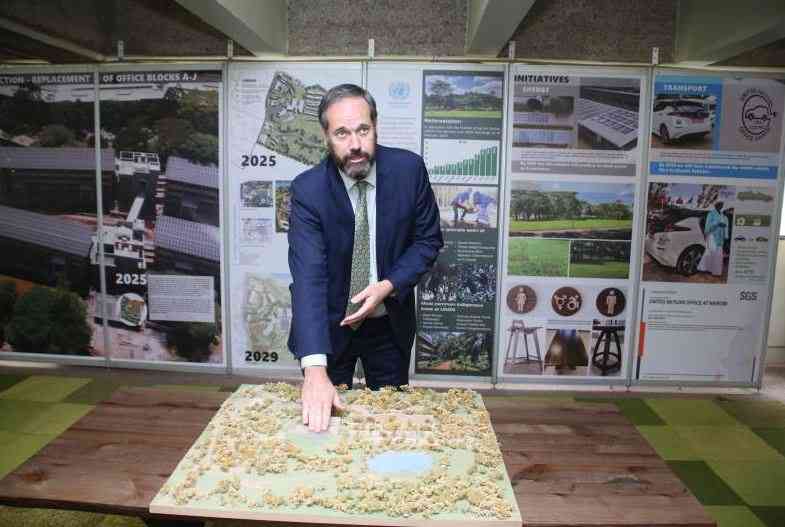
A general view of the logo and flags the African Union during the 38th African Union (AU) Summit. [AFP]
African Union (AU) member states have rallied behind a renewed call for accelerated implementation of continental climate frameworks, underscoring the urgency of safeguarding the continent from the worsening impacts of climate change.
Through the Addis Ababa Declaration on Climate Change and Call to Action, leaders called for commitment to the Climate Change and Resilient Development Strategy and Action Plan (2022–2032), alongside other frameworks such as the Africa Regional Strategy for Disaster Risk Reduction, the Integrated African Strategy on Meteorology, Weather, Water, and Climate, and the Africa Ocean Governance Strategy.
These frameworks, they say, provide the blueprint for coordinated action across the continent over the next decade.
Under the theme, Accelerating Global Climate Solutions and Financing for Africa’s Resilient and Green Development, held in Addis Ababa, the leaders also recognised the urgent need to ensure reliable, responsible, diversified, and just supply chains of green minerals.
The declaration emphasised the need for reliable, responsible, and diversified supply chains for minerals critical to zero and low-emission technologies, including batteries, wind turbines, and solar panels. Leaders welcomed the launch of Africa’s Green Minerals Strategy as a vehicle for harnessing the continent’s vast mineral wealth while ensuring value addition, local beneficiation, and economic empowerment.
On the technology front, the declaration urged investment in locally adaptable, low-cost climate solutions—from early warning systems and resilient agriculture to water management and coastal protection. It stressed the importance of building inclusive digital ecosystems, empowering African tech entrepreneurs, and ensuring that climate technologies are affordable and tailored to local realities.
They further called on global partners to support Africa’s dual approach: investing in both natural capital and technological advancement, while prioritising integrated solutions that deliver co-benefits for people and the planet.
The summit also resolved that the Africa Climate Summit will now convene every three years, rotating across the AU’s five regions, to strengthen long-term planning, regional coordination, and impact-driven implementation.








